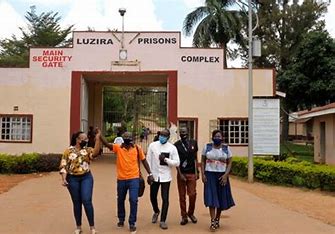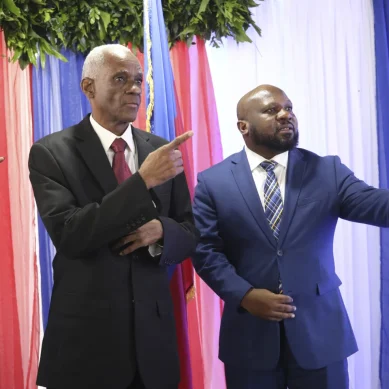
Uganda’s National Resistance Movement (NRM) government under President Tibuhaburwa Museveni has been changing many things in the country in the true spirit of fundamental change pronounced by the president during his inaugural swearing-in for the highest political office in the country in 1986.
Thirty-eight years later, almost everything has changed: education, agriculture, fisheries, independence, sovereignty, nationality, ownership, politics, etc. the president’s taste for luxury is also changing despite his age!
Frequently the strategy has been to destroy and then build from scratch. It is a miracle that Mulago Hospital still stands at its historical site. Others such as Uganda Broadcasting Corporation/Uganda Television and Fort Lugard lost their historical sites.
In many cases President Tibuhaburwa Museveni has been guided, in his choices, by his strong political will not only to remake or deconstruct the history of Uganda but reconstruct the country’s institutionality, structure and functionality towards the 22nd century.
Of interest, at least to me, is that the president is determined to disconnect the country from its past colonial and postcolonial political, economic, social, ecological, cultural and environmental reality. We see him reconstituting the human population composition and dynamics as well.
Increasingly, he has made Uganda the only paradise in Africa for refugees and has converted its economy to a refugee economy, allowing refugees to compete with indigenous Ugandans for opportunities. Evidently refugees have advantages over the former owners of the country.
Fortunately, for the refugees, Ugandans are less concerned about certain things such as jobs than food, shelter, leisure, music, etc.
In this article, I want to discourse on the president’s latest decision to deconstruct the decades-old Luzira Prison in favour of Chinese construction of a state-of-the-art hotel in its place. Reportedly, the president wants Luzira Prison to be relocated to a yet-to-be identified site in Buikwe District. So instead of constructing a hotel in Buikwe to create jobs there, he has more or less decreed that the district serves as a new host to the largest concentration of prisoners in the country.
There are many examples to show that when the president decides he always gets his way to implement his decisions, whether they have or do not have public appeal. Therefore, what I see is UGANDA’s oldest maximum security Luzira Prison originally designed for 1,700 inmates but now overstretched to 8,000 inmates, moving to Buikwe and a hotel rising up at its current site of 276.52 acres of land. To reduce congestion far more land will be required.
However, it will be a miracle if those force to move will be adequately compensated. In Uganda compensation is a thorny issue.
I have, one alert to make. Luzira may look to be the biggest prison but there are now many Ugandans who see Uganda as one huge giant prison. Others see our universities as consisting of numerous prisons called academic disciplines in which human rights are abused but the public never comes to know about them. The human rights abusers or violators are the disciples in the disciplines.
Initially when they emerged in the 18th century and multiplied in the 19th century, they played an important role to generate knowledge ant spur inventions. However, what was being ignored and is still ignored, is the truism that academic disciplines represent multiple prisons where some of the worst abuses of human rights take place – more by brain than physical. Increasing emphasis on academicism and scholasticism in our African universities means that intellectualism, critical thinking and reasoning matter less.
Once graduates stream out of the universities when they are deficient in these qualities they are easy for politicians and others to manipulate them and abuse their rights even further.
Today disciplinary is regarded as a cultural artifact characterised by chaos. Where there is chaos there is violation of human rights. Accordingly the virtues of disciplinarity are being challenged by other cultures of knowledge: interdisciplinarity, crossdisciplinarity, transdisciplinarity and extradisciplinarity.
Unfortunately, the proliferating exclusive politics and problematisations of disciplinarity in our universities imply that human rights abuses are not out to end in our universities.
- A Tell report / By Prof Oweyegha-Afunaduula, a former professor in the Department of Environmental Sciences of the Makerere University, Uganda









